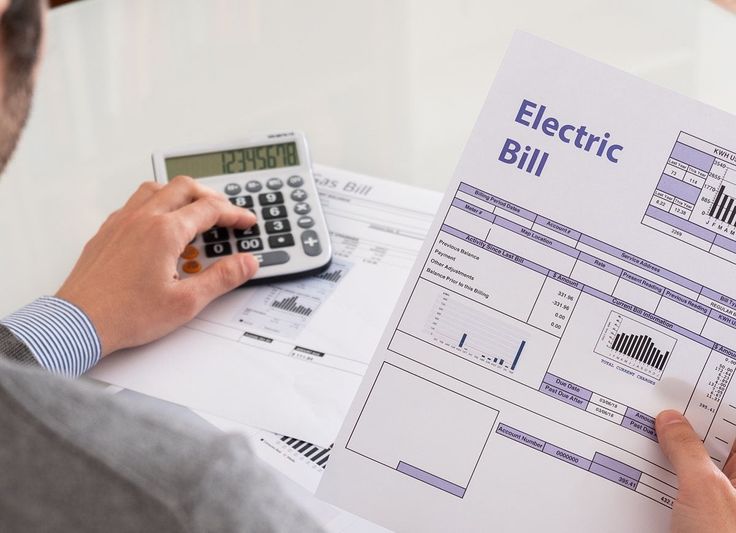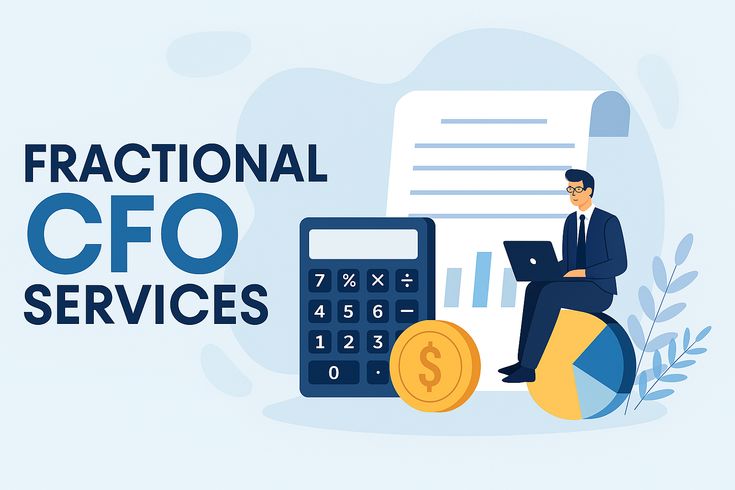Accounting for electricians - 5 reasons it’s critical for your business
✅ Information Verified by a CPA

Running an electrical business involves many responsibilities. Electricians manage jobs, pay workers, buy materials, and maintain client relationships. Even when projects appear profitable, money can disappear if expenses and income are not tracked. Small oversights, late payments, or unrecorded costs can quickly reduce the money a business keeps.
Accounting provides a clear picture of which projects are profitable, how much is being spent, and where costs can be controlled. Business owners use accurate records to plan larger projects, hire additional staff, and purchase necessary tools without worrying about cash shortages.
Managing accounts also reduces financial stress. Electricians track income and expenses throughout the year to see how the business performs each month and make informed decisions.
This article covers five key reasons why accounting is essential for electricians. Implementing these practices helps prevent cash flow problems, supports smarter project planning, and ensures the business remains financially healthy.
5 Key Reasons Electricians Need Strong Accounting
Practices
Electricians handle many moving parts in their business. Keeping track of money helps them know which projects earn well, when to pay bills, and how to plan for growth.
Good accounting makes running the business easier and prevents unexpected problems. Here are five reasons why every electrician should focus on it.
1. Understanding Profitability
Electricians take on different jobs every week, but not every job makes money. Materials, tools, labor, and other costs quickly eat into what seems like a good paycheck.
Keeping records properly allows the electricians to see the profit from each project. They calculate exactly how much a job earned after paying all expenses. This helps them decide which projects to take next.
For example, a home wiring job might bring in $5,000, but after buying supplies and paying helpers, the actual earnings could be much lower. Tracking these details ensures electricians don’t repeat costly mistakes.
With time, reviewing these numbers helps plan better. Electricians spot patterns, like which types of work are most profitable or which jobs need higher pricing. This keeps the business healthy and prevents surprises at the end of the month.
2. Managing Cash Flow
Cash flow is the money moving in and out of the business. For electricians, this can change, payments may come in late while bills for materials or wages are due right away. Keeping track of every payment helps avoid running short when expenses pile up.
Good accounting shows when money is coming in and when it needs to go out. It allows electricians to plan, set aside funds for slow months, and make sure there’s always enough to pay suppliers and staff on time.
3. Staying Ready for Taxes
Electricians need to track their income and expenses as they happen. Waiting till the end of the year makes taxes hard and increases mistakes. Recording each payment, invoice, and receipt during the year keeps the books accurate.
Accurate records also help claim business expenses. It is important to maintain a proper record of materials, tools, and fuel because this ensures all costs are included and reduces the tax owed.
An accountant can review the books easily because all information is recorded. Nothing is missing, which prevents mistakes and keeps the business compliant. Regular updates make tax preparation simple and efficient.
4. Controlling Job Costs
Electricians should know how much each job costs which includes materials, labor, or any extra expenses. Tracking costs during the project helps identify where money is being spent and prevents overspending.
When costs are recorded in real time, it is easier to compare them with the budget. If a particular job is going over budget, adjustments are made before it affects profits.
Controlled costing also helps in quoting future jobs. Knowing the real costs of past projects ensures that quotes are accurate and profits are protected. Keeping close control of job costs helps electricians make better decisions and keep the business financially healthy.
5. Builds Credibility with Clients & Lenders
Tracking financial records accurately helps electricians to show clients and lenders exactly how money is spent. For example, recording costs for 10 jobs in a month, that includes labor and materials, makes it easy to see the actual profits.
Customers can clearly see what they are paying for when financial records and invoices are tracked properly. This practice prevents disputes and lets lenders review the records easily, showing the business is organized and professional.
Clients trust electricians who share clear billing and reports. Showing exactly where money goes helps secure bigger contracts and keep long-term relationships strong. Well-kept financial records also make it easier to plan for growth and manage unexpected costs.
How to Get Started?
Electricians should start by improving their accounting with simple, practical steps. Begin by picking a system or software that fits the business. Services like QuickBooks help track payments, expenses, and invoices without adding unnecessary complexity. Even a basic spreadsheet can work if it is organized and updated regularly.
Then comes focusing on the right reports. Job costing reports show exactly how much each project costs, such as labor, materials, and extra expenses. Profit and loss by project reports let electricians see which jobs are making money and which are costing way too much.
Finally, develop strong bookkeeping habits. Record income and expenses as they happen, keep invoices clear and detailed, and reconcile accounts every month. Small habits, like saving receipts and updating records daily, reduce mistakes and errors. These steps help electricians stay on top of cash flow, understand profits, and plan for growth.
Conclusion
Accounting is the foundation that keeps an electrical business running smoothly. Electricians who track income, expenses, and project costs see exactly how their business performs. This insight helps make better decisions, avoid overspending, and plan for future growth.
Beyond numbers, clear financial records build trust. Clients understand what they are paying for, and lenders see that the business is well-managed. This credibility opens doors to bigger projects, reliable partnerships, and easier access to financing.
Adopting consistent bookkeeping habits, running the right reports, and using simple services gives electricians control over cash flow and protects profits. Keeping the accounts right helps electricians make smart decisions and run their business well.
Book a call today and let Atheneum’s experts help you manage and control your finances.
FAQs
What financial records should I maintain as an electrician?
Electricians should keep detailed records of all income and expenses, such as invoices, receipts, bank statements, and payroll records. Keep these documents for at least five years so that the taxes and records stay accurate and up to date.
How can I manage cash flow effectively in my electrical business?
Regularly monitor your income and expenses, follow up on unpaid invoices promptly, and maintain a cash reserve for unexpected expenses. Accounting services can help in tracking cash flow efficiently and provide real-time insights into your financial status.
What tax deductions can I claim as a self-employed electrician?
As a self-employed electrician, you may be eligible to claim various tax deductions, including expenses for tools and equipment, vehicle costs, home office expenses, insurance premiums, and continuing education. It's advisable to consult with a tax professional to ensure you're maximizing your deductions.
Should electricians use accounting software or hire an accountant?
The decision depends on the size and complexity of the business. Smaller electrical businesses can manage well with accounting services/software, while larger or more complex operations often benefit from hiring a professional accountant.
How should electricians handle job costing and track profitability?
Electricians should implement a system to record all costs for each job. Regularly reviewing job costing reports help assess profitability and pinpoint areas for improvement. This practice supports informed decision-making and keeps the business financially healthy.
More stories of success
Explore how Atheneum has helped other businesses achieve their goals through innovative strategies and impactful solutions.

Tax Prep for Electricians: How to Handle Tools, Trucks, and Travel Cost
Connect with our experienced CFO advisory team
Get Insights
Submit the contact form to receive tailored financial insights and practical guidance from our team
Seamless Experience
Share your needs through the form for quick responses and smooth onboarding support.
Pricing That Makes Sense
After reviewing your inquiry, we provide transparent, practical pricing aligned with your business financial needs.










%201.jpg)